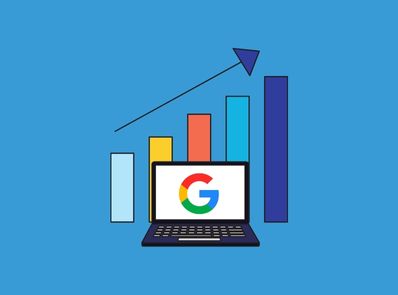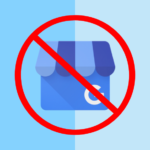To better optimize your site for Google search, you first need to understand how Google thinks. In November 2022, Google published a new document titled, “A Guide to Google’s Search Ranking System”, which breaks down the more notable ranking systems that Google’s algorithm currently uses as well as the systems that have been retired.
In-Use Ranking Systems
- BERT (Bidirectional Encoder Representations from Transformers) – is a natural language processing AI that helps Google better understand the different meanings and intent behind certain combinations of words.
- Crisis Information Systems – designed to provide helpful information for crisis situations including natural disasters or personal crisis situations.
- Deduplication Systems – helps to declutter the search results by avoiding duplication of webpage listings.
- Exact Match Domain System – ensures that Google doesn’t give too much credit to domains that match search queries.
- Freshness Systems – various systems that work together to show “fresher” content in the search for the types of queries that searches would expect to see new information.
- Helpful Content System – prioritizes ranking websites that publish “people-first” content” rather than “search engine-first content”.
- Link Analysis Systems and PageRank – a group of systems that work together to determine the importance of a webpage by analyzing the quantity and quality of its backlinks.
- Local News Systems – utilized in Top Stories and Local News SERP features to identify local sources of news.
- MUM (Multitask Unified Model) – AI system that is able to understand and generate 75 different languages and is used in specific applications (not general search).
- Neural Matching – AI used to understand the meanings and concepts expressed in search queries and webpages.
- Original Content Systems – used to ensure Google prioritizes ranking original content in the search results.
- Removal-Based Remotion Systems – used to remove certain types of content due to violating Google’s policies, including legal and personal information removals.
- Page Experience System – uses a variety of criteria to determine if a page is providing a good page experience to users (ex. Speed, mobile-friendliness, etc.)
- Passage Ranking System – AI that analyzes passages of a webpage to determine if it is relevant to a search query.
- Product Reviews System – rewards high-quality product reviews (i.e. ones written by experts or enthusiasts who know what they are talking about)
- RankBrain – AI that analyzes past searches to determine the intent and the best result for those queries.
- Reliable Information Systems – multiple systems that work together to rank the most reliable information possible.
- Site Diversity System – prevents Google from showing more than two listings from the same site at the top of the search results page.
- Spam Detection Systems – multiple systems (including SpamBrain) that prevent spam sites from showing on the search engine results page.
Retired Ranking Systems
Google also provided a list of ranking systems that are no longer in use:
- Hummingbird
- Mobile-friendly ranking system
- Page speed system
- Panda system
- Secure sites system
Are you looking to improve your Google Search rankings? Get in touch with our team to learn more about our SEO services.







